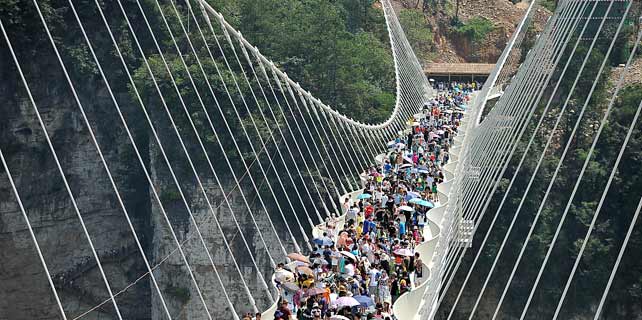ASEAN leaders urge DPRK to comply with obligations
MANILA/SEOUL - Southeast Asian leaders urged the Democratic People's Republic of Korea to seriously comply with its international obligations during their summit, voicing concerns over Pyongyang's test-firing of mid-range ballistic missiles.
The 10 leaders of the Association of Southeast Asian Nations (ASEAN) held their 30th annual summit and retreat in Manila on Saturday.
Philippine President Rodrigo Duterte, whose country holds the rotating chair of ASEAN this year, officially released the chairman's statement on Sunday.
"We discussed the situation on the Korean Peninsula and are gravely concerned about recent developments, including (DPRK's) two nuclear tests in 2016 and subsequent launches using ballistic missile technology like the submarine-launched ballistic missile," the ASEAN leaders said in a chairman's statement issued at the end of their summit.
"We urged (the DPRK) to immediately cease all actions that violate its international obligations and contravene UN Security Council resolutions," the leaders said.
The leaders reaffirmed the importance of compliance with international law and the full implementation of all relevant UN security Council resolutions.
The leaders also reiterated their support for the denuclearization of the Korean Peninsula, and "for the concerned parties to exercise restraint in order to maintain peace and stability on the Korean Peninsula".
"We strongly urged (the DPRK) to comply with these resolutions and acknowledged the importance to exercise self-restraint and called on all parties to exert collective efforts in the interest of maintaining peace, security and stability in the region and the world," the leaders said.
ROK warning
The Republic of Korea's Foreign Ministry denounced the launch as an "obvious" violation of United Nations resolutions and the latest display of the DPRK's "belligerence and recklessness."
"We sternly warn that the (DPRK) government will continue to face a variety of strong punitive measures issued by the UN Security Council and others if it continues to reject denuclearization and play with fire in front of the world," the ministry said.
The ROK Joint Chiefs of Staff said in a statement that the missile flew for several minutes and reached a maximum height of 71 kilometers before it apparently failed.
It didn't immediately provide an estimate on how far the missile flew, but a US official, speaking on condition of anonymity to discuss sensitive matters, said it was likely a medium-range KN-17 ballistic missile. It broke up a few minutes after the launch.
Japan's Chief Cabinet Secretary Yoshihide Suga, speaking after a meeting of Japan's National Security Council, said the missile is believed to have traveled about 50 kilometers and fallen on an inland part of the DPRK.
Xinhua - AFP
(China Daily 05/01/2017 page4)
















